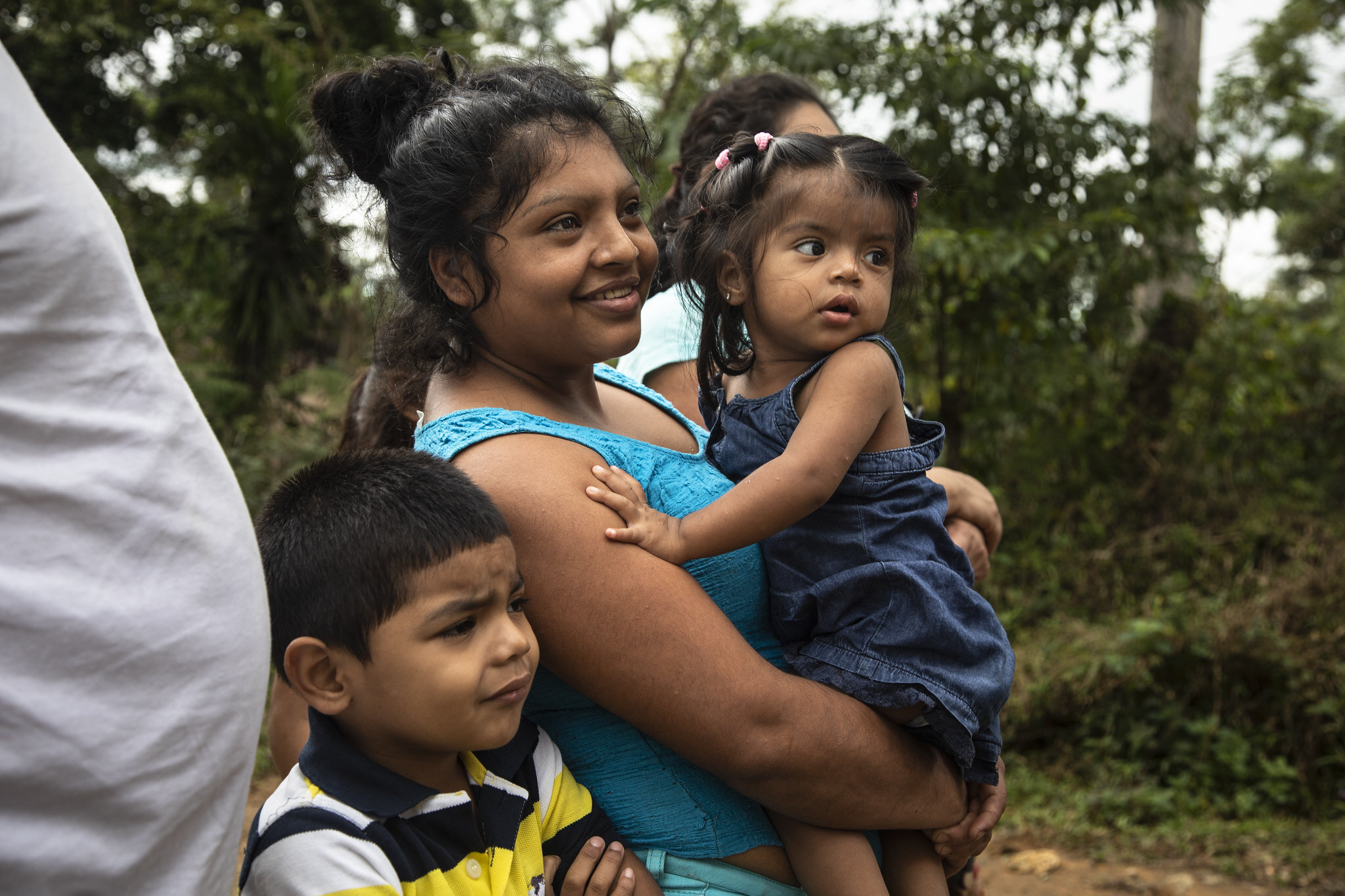
Research Tools for Gathering and Presenting Evidence
Whether pursuing a criminal or civil case, the process of gathering and presenting evidence is an important one. The more solid evidence that is provided to police, prosecutors, and legal advisors that a legal wrong or a violation of rights has been committed by the business, the more likely they are to start an investigation. But the gathering and presenting of evidence is also influenced by power asymmetries, where high evidence standards required by local courts can typically favour powerful companies over local activists and communities.
These five sessions will provide an overview of the process of fact-finding, how to record and present evidence, and emerging challenges.
Session 1: Gathering Evidence: an Introduction
This is session offers a presentation on evidence, what it is, and why it is key to building cases – legal and non-legal. Together, we will discuss key concepts such as burden of proof, evidence thresholds, and the important role of non-lawyers in collecting evidence.
Session 2: Recording Evidence: Strategies and Tools
This interactive session will share how activists from across the world use strategies for recording evidence, and how it has impacted cases. We will hear more about the key tools activists can use to record evidence more effectively from the very beginning, how to build a culture of evidence gathering in your movement, and what counts as evidence in different jurisdictions and for different cases.
Session 3: Presenting Evidence: Tools and Resources
Once the evidence is collected, it needs to be stored, sorted and presented. This short session will introduce tools and resources which can increase the security and usability of your evidence base, and ensure your evidence tells the story.
Session 4: Best Practice in Evidence Gathering
This roundtable will provide a space to think through how to respond to common obstacles faced when gathering evidence as a victim.
We will invite activists to come with their questions, and contribute to emerging challenges such as:
- The criminalisation of evidence-gatherers
- The safety and veracity of witness evidence
- Evidence and actions on social media
Session 5: Best Practice in Resisting Defamation Challenges
This session will explore the topic of defamation, how activists can resist and defend these challenges and deal with this common threat. Activists are routinely targeted and become victims of defamation challenges. This session will explore the concept of defamation, who can bring a case, what is the burden of proof and whatstrategies grassroots activists can use to limit the risk of defamation accusations.
